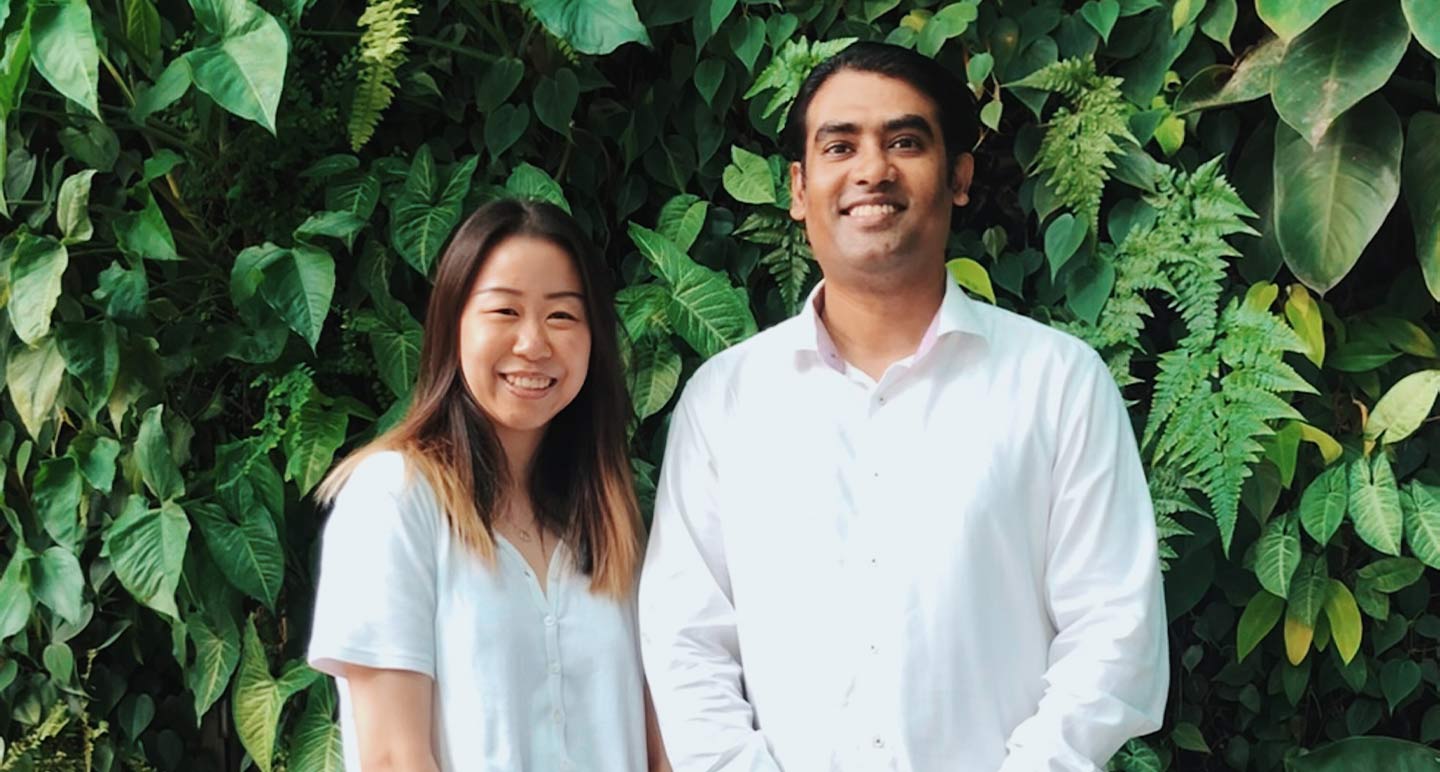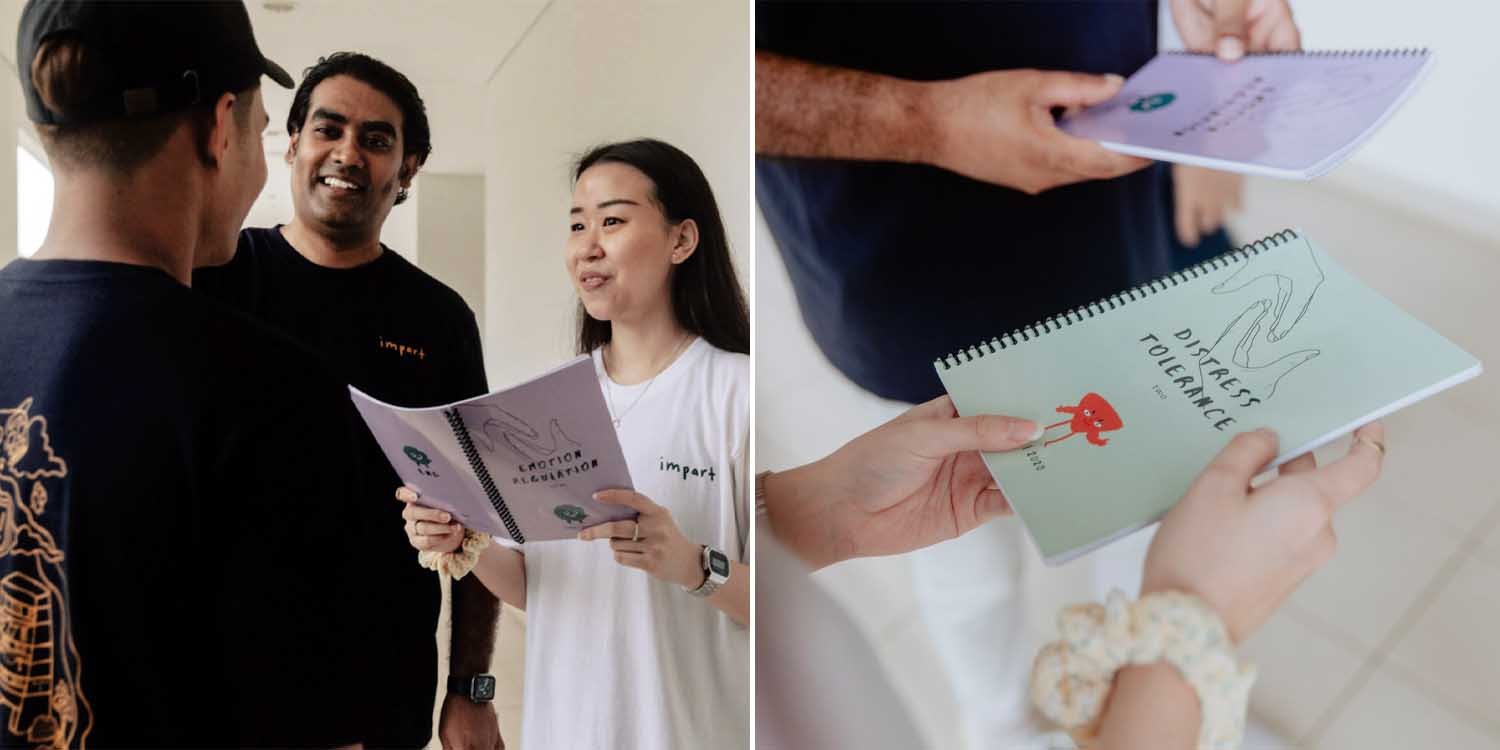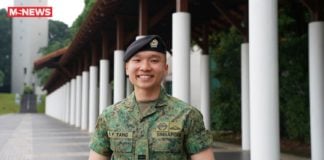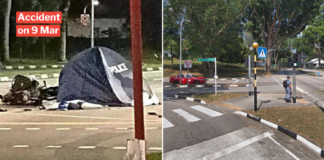SYNC Is A Mental Health Service For Youths
Mental wellness has been in the spotlight of late, now that the pandemic has exacerbated these issues. Life may feel even more uncertain and difficult during this time, increasing anxiety, depression, and burnout among many of us.
But seeking professional help, such as therapy, can be expensive. Making an appointment can take months—and not everyone can afford to wait.
Nicole Pang, 25, recognised the urgent needs of youths facing mental health challenges, and piloted a programme with her mentor Narash Narasimman during ‘Circuit Breaker’.
Called “Strengthening Youths in a Network of Care (SYNC)”, the startup renders psychological interventions to youths in the community.
 Nicole and Narash
Nicole and Narash
Source
The duo helps youths in Singapore by imparting adaptive coping strategies to stabilise mental health crises, and providing them with healthy community relationships for sustainable change.
Founded SYNC to help youths struggling with mental health issues
In 2019, NTU psychology undergraduate Nicole met her mentor Narash when she was interning at another social service agency.
As they worked closely with youths in need, Narash found that the situation was more complex than anticipated. Many of the youths’ siblings also faced the same stresses and complex mental health issues, and they were not seeking or open to seeking professional help.
“Even if they were open to it, some of the professional help was very delayed and very costly,” added Narash. It was the norm to wait for around 2-3 months just to secure an appointment at a clinic.
Nicole and Narash then started SYNC as a mini-project to reach out to the youths and their siblings, many of whom suffered depressive symptoms, suicide ideation, and self-harm.
Together with volunteers, they taught youths the skills to stabilise themselves and their symptoms.
 Image courtesy of Impart Limited
Image courtesy of Impart Limited
“As the project was ending, we realised that there were a lot more people who needed help,” recalled Narash. They kept asking themselves, “Do we continue? Do we not continue?”
During the ‘Circuit Breaker’ period, Nicole and Narash had a moment of epiphany. “We decided to do the craziest thing ever and launch SYNC as a legit company,” said Narash, adding that he left his job to pursue this career together.
SYNC later joined Impart, a local non-profit organisation that enables youths to foster ecosystems of care, and became their mental health care arm.
SYNC fills social gap between youths & formal mental healthcare
Nicole and Narash then dedicated themselves to building SYNC. The outfit’s groundwork, such as crisis support, typically involves the pair travelling to visit youths late at night, wherever they may be.
Giving their 100% into everything they do for SYNC was vital because they were “trying to do something new to the social service landscape.”
“They always call us a befriender,” said Nicole. But SYNC is much larger than that. The company aims to fill the social gap in the mental health landscape between youths and formal mental health care.
Nicole explained that formal mental healthcare often has rigid boundaries, involving psychologists that work from 9am to 5pm. On the other end of the spectrum, some befrienders offer more casual, organic interactions.
 Image courtesy of Nicole
Image courtesy of Nicole
SYNC sits in the middle of this infrastructure—they are not too rigid, not too casual, and most importantly, at no cost to these youths from higher need and risk profiles.
Unlike traditional counsellors or befrienders, where individuals have to wait for the next session to talk or share about their lives without being taught the micro-skills to handle emotions, SYNC is able to engage youths on a flexible schedule given the community-based model of approach.
Volunteers equip youths with the right skills and coping strategies that stay with them long after the programme.
Crisis support service helps youths, even late at night
The company also fulfils services that might be lacking. One such area is crisis support.
SYNC’s crisis support service, I’m Not Alone (IMNA), responds to youths who have psychological issues and provides help—even in the wee hours of the night, which is usually the time when youths feel the loneliest.
Nicole and Narash made it clear that SYNC is not a counselling service. Instead, they impart fundamental skills to youths to decommodify mental health resources.
“If you go for therapy, it’s a lot more expensive, and it takes longer for you to learn the skills.
“One of my friends went to see a therapist and was charged about $200. But most of what she remembered was the ‘deep breathing’ exercises, which could have been acquired beforehand,” said Narash.
In contrast, Nicole and Narash get clinical psychologists to teach SYNC volunteers. Volunteers would then transfer these transdiagnostic skills – which means the ability to help all regardless of diagnosis – to youths so that potential therapy sessions can focus more on other areas of development.
The process allows SYNC to support a broad spectrum of struggling youths.
Much more work to be done in the mental health landscape
While much progress has been made in the mental health scene in Singapore, the SYNC co-founders shared that much more can be done.
For one, normalising and destigmatising mental health is constant work, both within SYNC volunteers and society.
Through merging with Impart as part of their mental health care arm, SYNC has received better support through Our Singapore Fund (OSF).
These funds have been an enormous blessing for SYNC, allowing them to do more activities and have meals with the youths they work with. These casual settings often help youths open up to volunteers.
OSF has also allowed them to reach out and provide tangible help to more youths facing life and psychological crises, such as home displacement or lack of food.
Ultimately, Nicole and Narash hope to further grow SYNC to help the community effectively cope with trauma, promoting psychologically safe environments for people, and creating healthier belief systems about mental health.
 Impart Executive Team: Joshua (Deputy Executive Director), Narash (Executive Director), Jay (Head of Operations), Nicole (Head of Mental Health Care arm)
Impart Executive Team: Joshua (Deputy Executive Director), Narash (Executive Director), Jay (Head of Operations), Nicole (Head of Mental Health Care arm)
Image courtesy of Nicole
This will help them build a more robust team of volunteers to provide a better crisis support system for youths of different profiles.
If you are facing or know any youths who are facing mental health struggles and need support, you can visit SYNC’s Instagram for some helpful coping strategies. Nicole also assures that their inbox is always open for a chat.
Additionally, you can find out more about what Impart is about on their Instagram page here.
Kudos to Nicole & Narash for their dedication
Mental health issues are pervasive throughout all societies. In the same vein, mental health care should be easily accessible for all.
While Singapore has come a long way, there is undoubtedly much room for our country to grow in the area.
Kudos to passionate individuals like Nicole and Narash for dedicating their time, effort, and lives to providing mental healthcare support for youths.
Hopefully, in time to come, we will see SYNC grow to reach more youths and, along the way, change mindsets about mental healthcare for the better.
This post was brought to you in collaboration with the Ministry of Culture, Community, and Youth (MCCY).
Featured image courtesy of Impart Limited.

Drop us your email so you won't miss the latest news.









